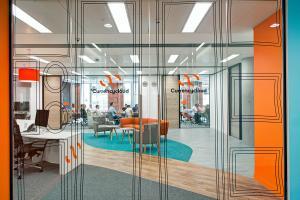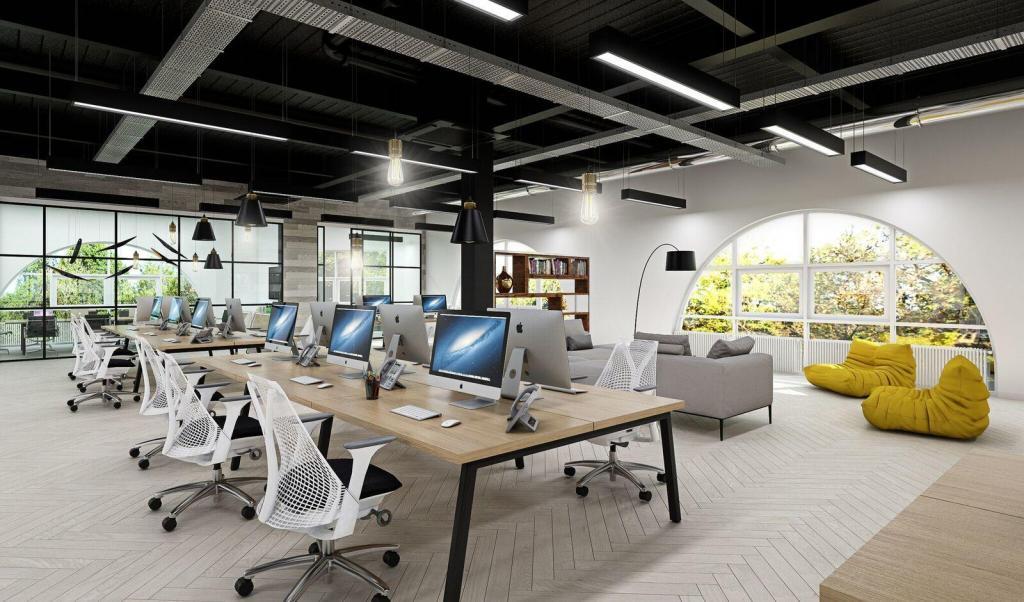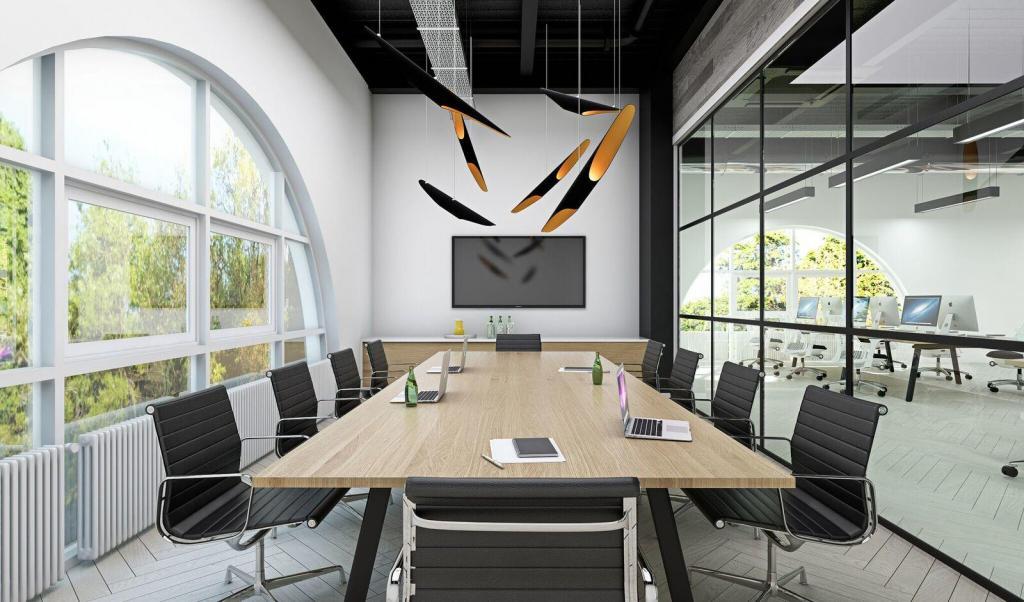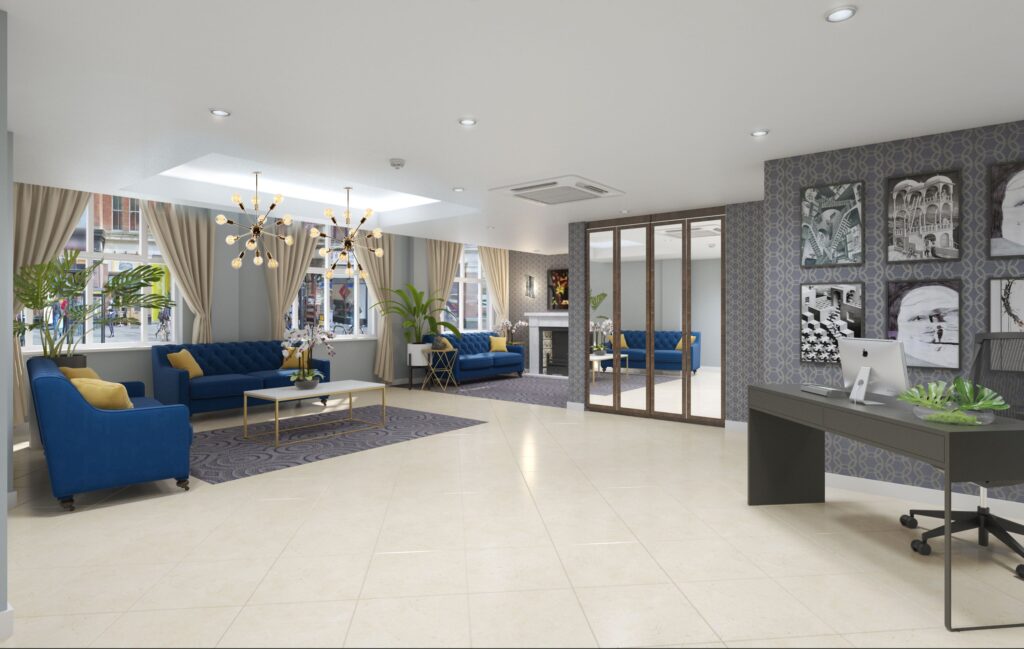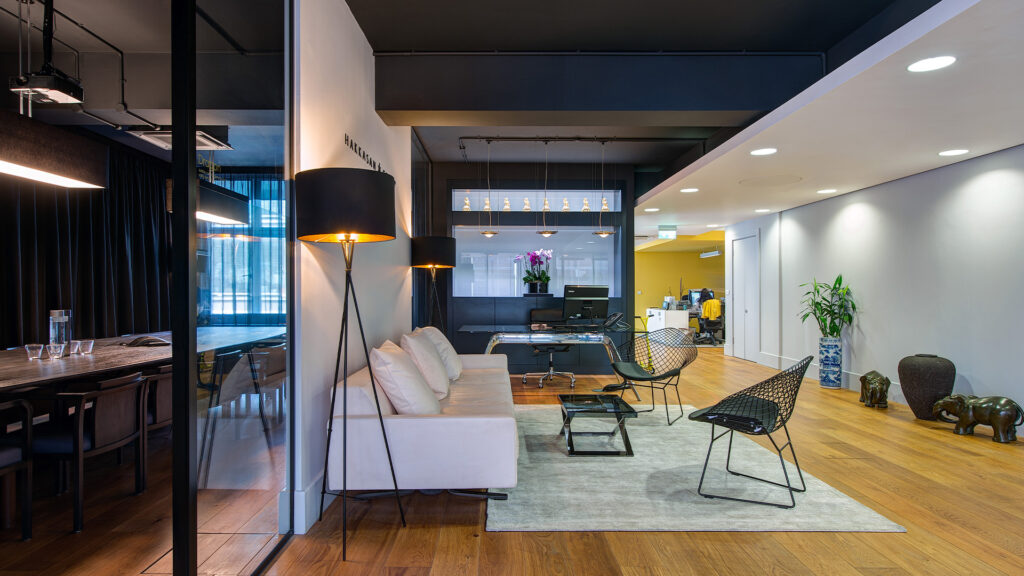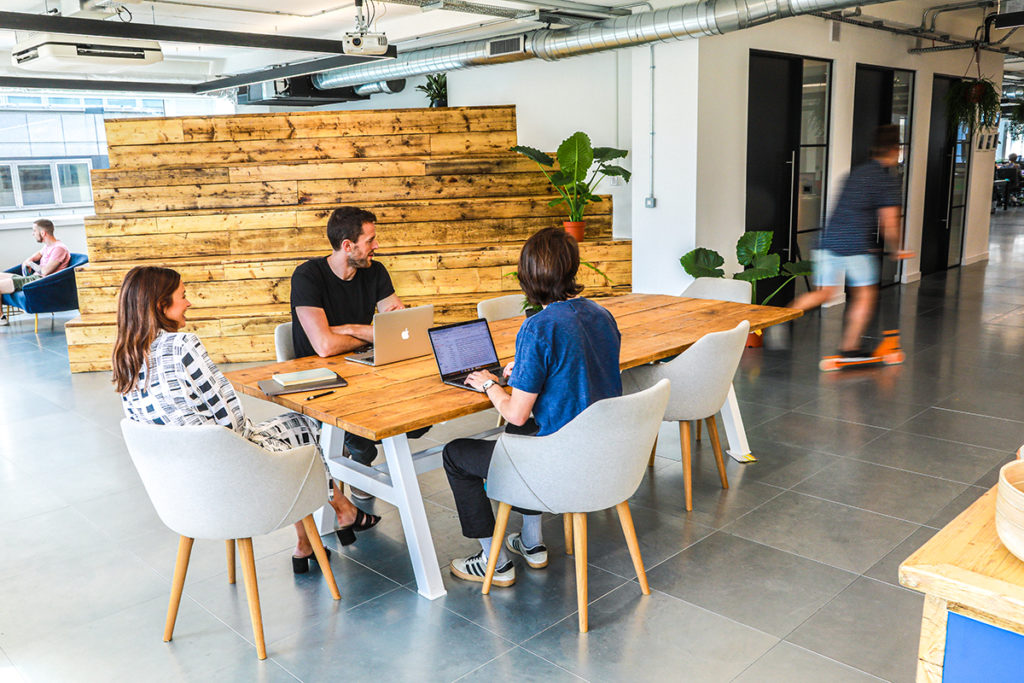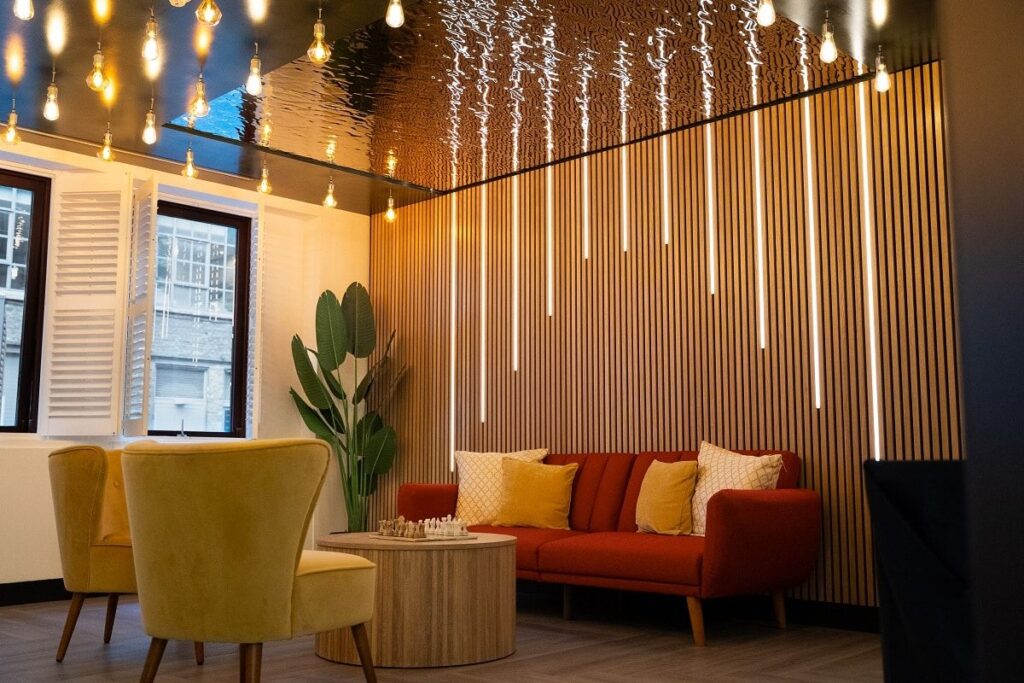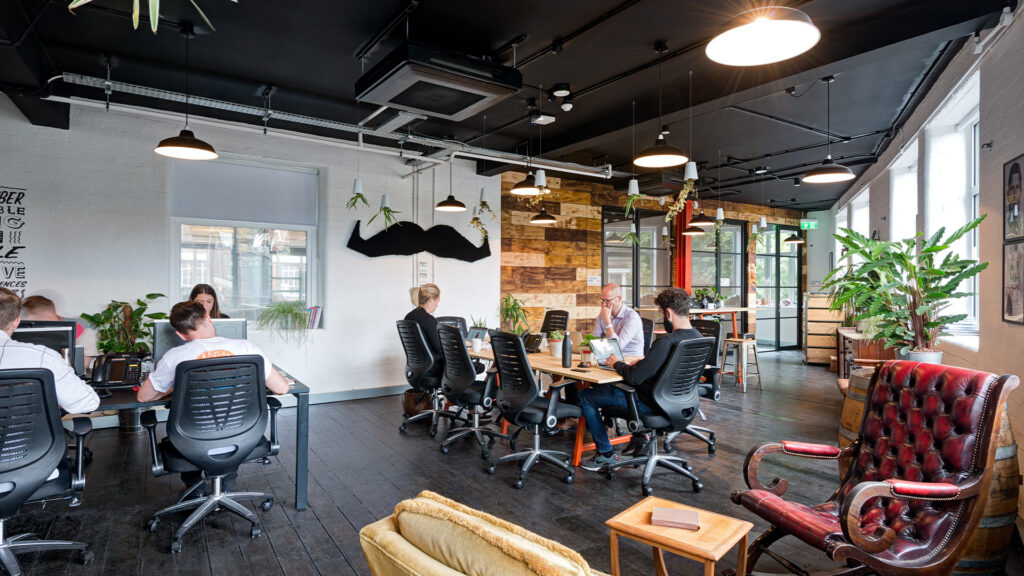In these times of hot-desking, co-working and WFH (the fancy acronym for a pajama day), it’s easy to forget that employees need more than a laptop and something to balance it on in order to get any decent work done. Not everyone can save the world by answering emails while running on a desk-treadmill.
As one of the only fit out companies in London who has tried this trend (alL ouR emaILS cA,me Out Li8e thIS), we know that exclusionary design is not our bag. Making sure your office space is accessible to everyone is not only the law, it’s just good business sense. Getting more diverse voices and perspectives into your workplace may even make you see your office in a different light.
Such as…
Is your Workplace Compliant Under the Equality Act 2010?
Gone are the days where you’d shove a child up a chimney and call it a day.
Nowadays, employees have rights under the Equality Act 2010. They also have a need for a consistent network connection apparently, after all, how else are they going to stay up to date with snapchat and their Insta profile?
Basically, the Equality Act requires that employers should make reasonable adjustments for disabled employees after they identify a need to do so. This could be as simple as fitting handrails, reconfiguring an individual workstation, or getting some step-free access. Very little cost and the benefits are manyfold. Just talk it through with your new employee, and make sure you get up to spec.
That’s the absolute basic task done. But what if you’re being proactive, and have no idea whether your office is accessible to future employees, visitors or – gulp – clients? Imagine how awkward that would be.
How Do you know your Office is Accessible?
Some issues with accessibility may not even occur to you right now. You may be the kind of person who takes two steps at a time up a 14-storey building without taking a breath. You know, weird.
In addition, if you’re getting fit-out companies in London to refurbish your office, you’ll need to ensure it’s compliant with Part M of the Building Regulations 2010. These set out accessibility requirements in the case of a newly erected building, a use conversion, or material alterations (that includes your fancy refurbishment).
If your Rocky Balboa stairway recreation workspace isn’t compliant, you’re at risk of legal claims and costly do-overs.
In this case, you’ll want to get in an expert to do an access audit. This is a detailed review of your workspace or future workspace to ensure you’re up to spec. They’ll basically produce a report that highlights all the non-compliances, with a list of recommended reasonable adjustments. They’ll also liaise with your design and build contractor to ensure the refurb will be compliant.
Your Rocky stairway will have to come with a ramp, champ.
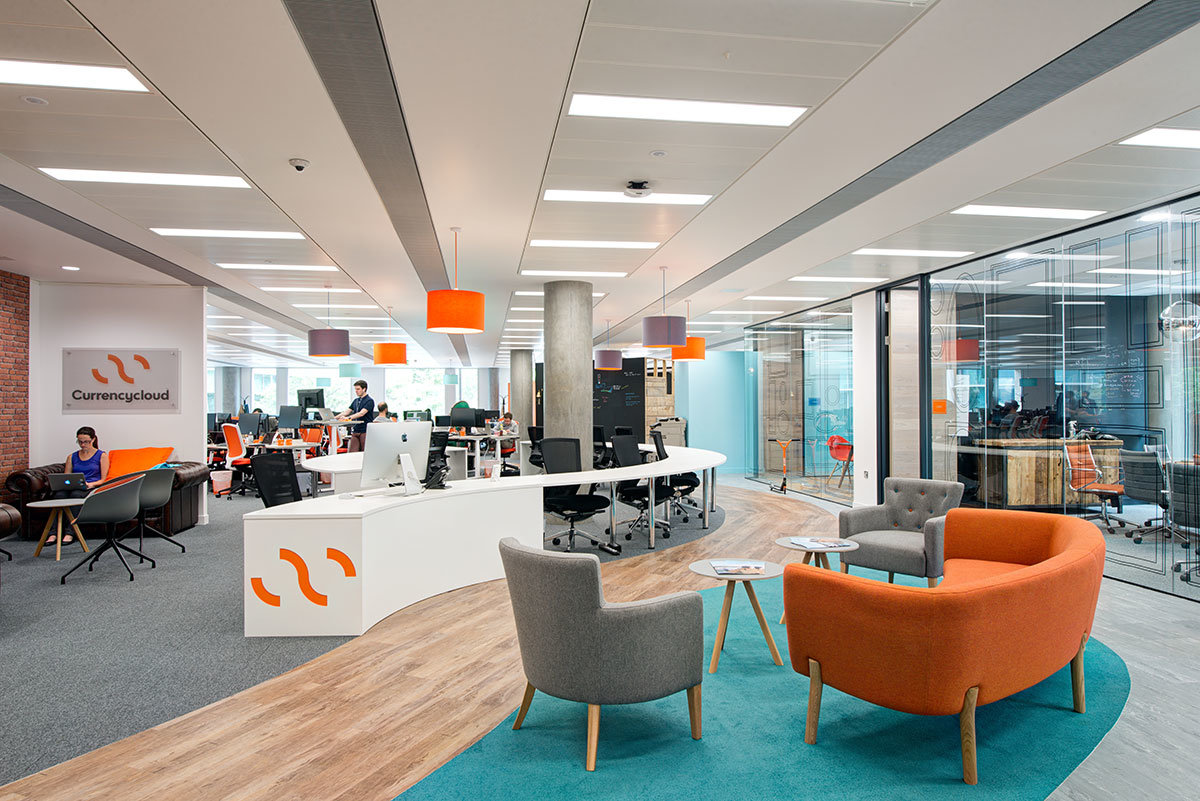
Getting up to Spec and Beyond – Inclusive Design
But what if you’re a champion of the people and want absolutely everyone to be able to access your office? What if you want cool things like:
- Future-proofing your office space for disabled employees?
- Including for every perspective in your new refurbishment project?
- Letting everyone do the best job they can do?
- Allowing disabled clients and visitors to move around unhindered?
- Raising awareness in your company for accessibility?
- Building a reputation as an accessible employer (therefore attracting more talented people who may not have bothered otherwise)?
Well then, now we’re shooting for the (ramp-accessible) sky!
A truly inclusive working environment doesn’t just get up to spec when they only absolutely have to. They have it built in from the start. Good office fit out companies in London (like us!) can recommend workplace designs that combine looking great with a moral conscience.
For example, the use of colour and contrasts can help the visually impaired with wayfinding, like at our Blindaid project:
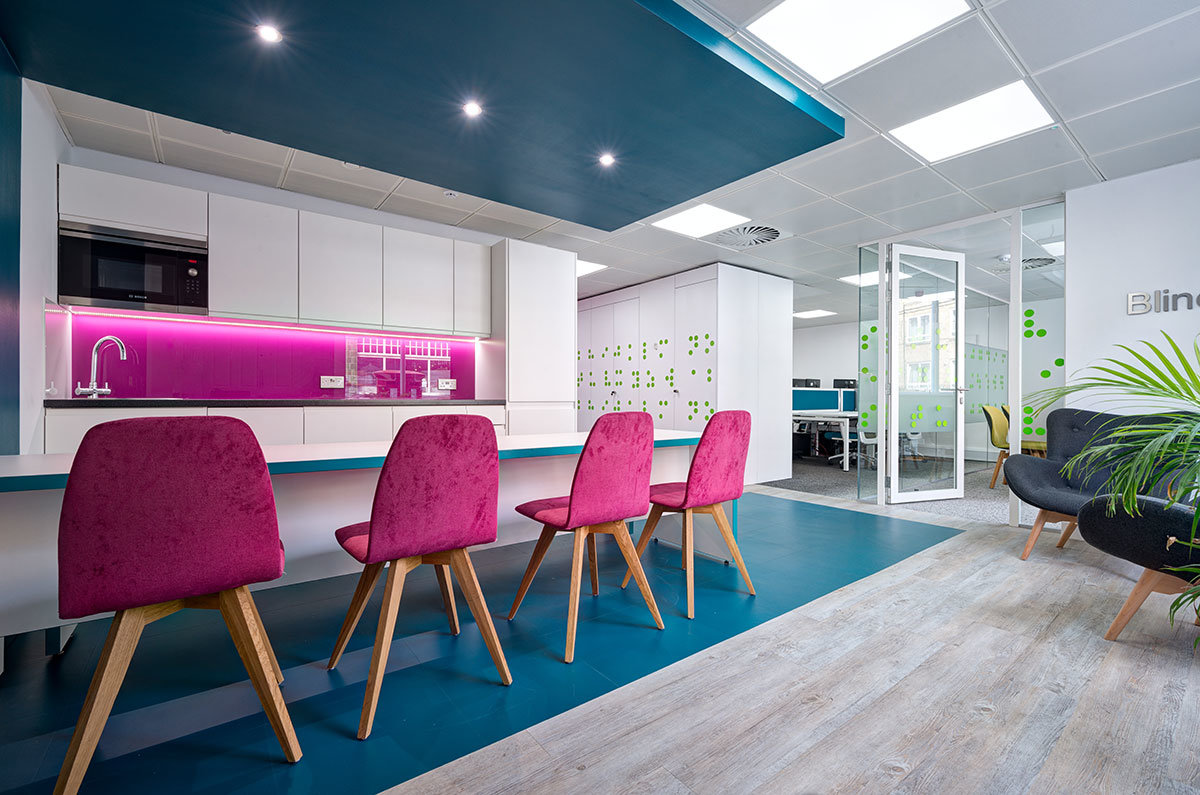
Or providing enough space between rows of desks to move a wheelchair around, like at Gameloft:
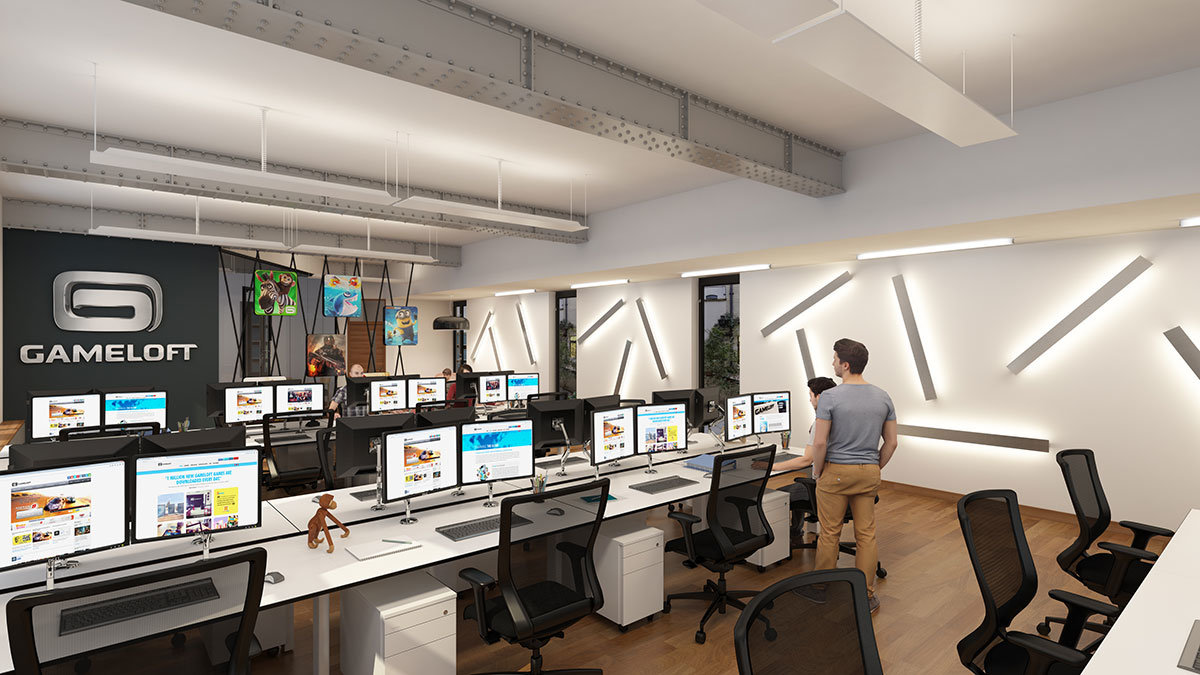
And quiet working areas for those who may find open offices stressful (not just the introverts), like these pods at Movember:
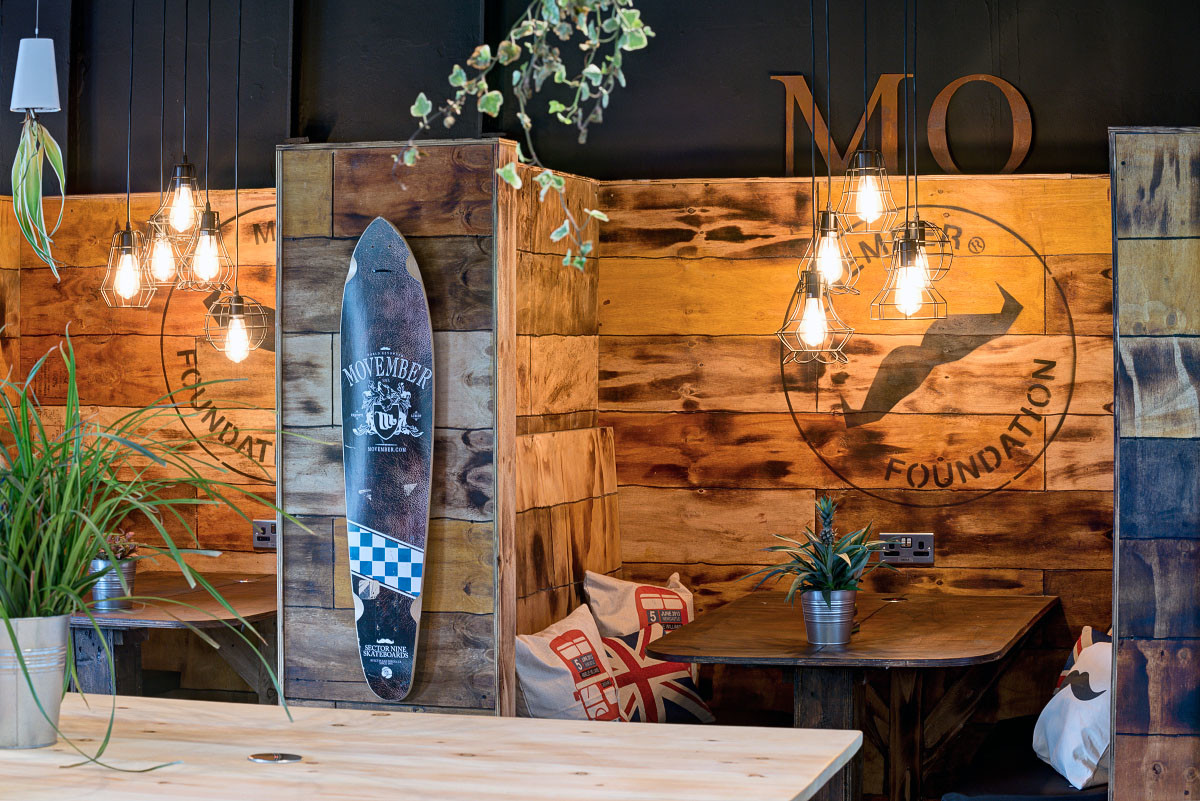
See? Inclusive design doesn’t mean you can’t have a kick-ass office. And we should know – we wrote the book on brilliant design ideas.
We’re a pretty inclusive bunch of people ourselves. We’re certainly open to you getting in touch and chatting over a coffee.



